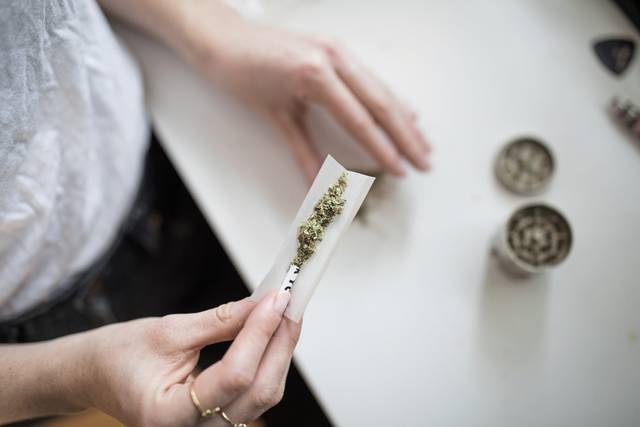I am very appreciative of Gov. Tom Wolf’s generous attention to Pennsylvania’s education needs during his tenure. His recent budget address gave additional credence to how he values education in the commonwealth.
He is not alone. The 2019 Senate and House Education Committees are made up of lawmakers who are deeply committed to more student-centered education in Pennsylvania.
Unfortunately, the legalization of marijuana is gaining more legislative attention than adopting available best practices in K-12 science education to bolster our students’ STEM (science, technology, engineering, math) learning.
Which of those two do you think would be most valuable to our students? Which would be most valuable to employers?
As a National STEM Teacher Ambassador and a STEM teacher, I am discouraged by the realization that marijuana will most likely be legalized long before our extremely outdated science and technology academic standards — which we use to source our high-stakes state science assessments — are updated.
These standards were conceived in 1996 and adopted by the Legislature in 2002 (five years before the first iPhone rolled out), and have not been seriously addressed by the Legislature since. Science, technology and the research behind how students learn STEM subjects best have changed dramatically over the past 20 years.
Our 2002 science standards teach outdated concepts through obsolete methods. They ignore the integration of engineering and technology practices as part of real-world scientific endeavors. They value what is easy to assess on high-stakes tests while minimizing what is most valuable for students to learn, such as divergent thinking, collaboration, inquiry and authentic problem-solving. Since mobile devices give people access to what can be easily assessed, we need standards that develop thoughtful, creative problem-solvers.
Many states have made modernizing their science and technology standards a legislative priority. Most have adopted or adapted the Next Generation Science Standards (NGSS), comprehensive STEM-like standards that embody the philosophies of STEM learning, such as subject integration, collaboration, inquiry and learning what is of most value to a 21st-century student as opposed to what is most easily assessed on multiple-choice tests.
The Pennsylvania Science Teachers Association is a strong supporter of these new standards, and Western Pennsylvania institutions such as the Carnegie Science Center and ASSET STEM Education use them as the foundational standards of best practices for their science outreach programs.
In this pro-education era in Harrisburg, our leadership has not valued the “S” (science) in STEM education. When it comes to legalizing pot or implementing modern NGSS STEM standards, which would provide long-term benefit to our students? Which would help ensure our in-demand STEM labor workforce is properly resourced?
Which employee would you rather hire, one who benefits from legalized pot or one who has been exposed to best practices in STEM education?
Let’s be a STEM-stronger commonwealth by making new science and technology standards a legislative priority.








